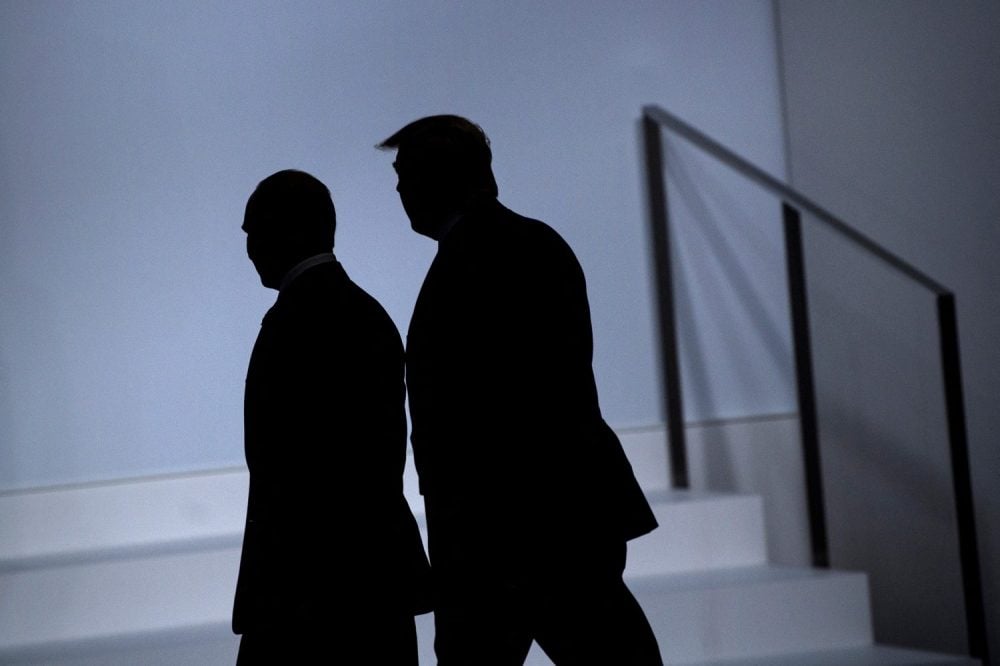Introduction
As geopolitical tensions escalate, the prospect of a potential agreement between U.S. President-elect Donald Trump and Russian President Vladimir Putin regarding the ongoing conflict in Ukraine has garnered significant attention. This development prompts critical questions about the feasibility of such a deal and its broader implications for international relations.
Background of the Conflict
The conflict in Ukraine, which began in 2014 with Russia’s annexation of Crimea and subsequent support for separatist movements in Eastern Ukraine, has resulted in thousands of deaths and widespread displacement. Despite numerous attempts at ceasefires and peace negotiations, a lasting resolution has remained elusive.
Trump’s Approach to the Ukraine Conflict
During his campaign, President-elect Trump pledged to swiftly end the war in Ukraine. His approach appears to focus on direct negotiations with Russia, aiming to broker a peace deal that would halt hostilities and establish a framework for future relations between Ukraine and Russia.
Appointment of a Special Envoy
In line with his commitment to address the Ukraine conflict, Trump has appointed retired Lieutenant General Keith Kellogg as his special envoy for Ukraine and Russia. Kellogg’s role will be pivotal in facilitating discussions and negotiations aimed at resolving the conflict.
Putin’s Stance on Negotiations
President Putin has expressed a willingness to engage in discussions with the incoming U.S. administration. However, he maintains firm conditions, including:
- Ukraine abandoning its aspirations to join NATO.
- Recognition of Russian control over annexed territories, such as Crimea.
- Potentially freezing the conflict along current front lines without significant territorial concessions.
Challenges to Reaching an Agreement
Several obstacles could hinder the success of a Trump-Putin agreement on Ukraine:
- Ukrainian Sovereignty: Ukraine’s leadership, under President Volodymyr Zelensky, remains steadfast in reclaiming all occupied territories and opposes any settlement that compromises the nation’s sovereignty.
- International Law: Recognizing Russia’s annexation of Crimea and other territories would contravene international law and set a concerning precedent for territorial disputes globally.
- Allied Relations: A U.S.-Russia agreement perceived as favoring Russian interests could strain America’s relationships with European allies and NATO members, who have supported Ukraine’s sovereignty and territorial integrity.
Implications for International Relations
A potential Trump-Putin agreement on Ukraine could have far-reaching consequences:
- Shift in U.S. Foreign Policy: A deal may signal a significant shift in U.S. foreign policy, potentially leading to a realignment of alliances and partnerships.
- Impact on Global Security: The nature of the agreement could influence global security dynamics, particularly in Eastern Europe, and affect the balance of power between NATO and Russia.
- Precedent for Conflict Resolution: The approach taken in this agreement might serve as a model for resolving other international conflicts, highlighting the role of great-power negotiations in addressing regional disputes.
Conclusion
The potential for a Trump-Putin agreement on Ukraine introduces a complex array of challenges and opportunities. While the prospect of ending the conflict is appealing, the terms of such an agreement must carefully consider the sovereignty of Ukraine, adherence to international law, and the stability of global alliances. As discussions progress, the international community will closely monitor the developments, understanding that the outcomes will significantly influence the future of international relations.
See more BBC Express News

